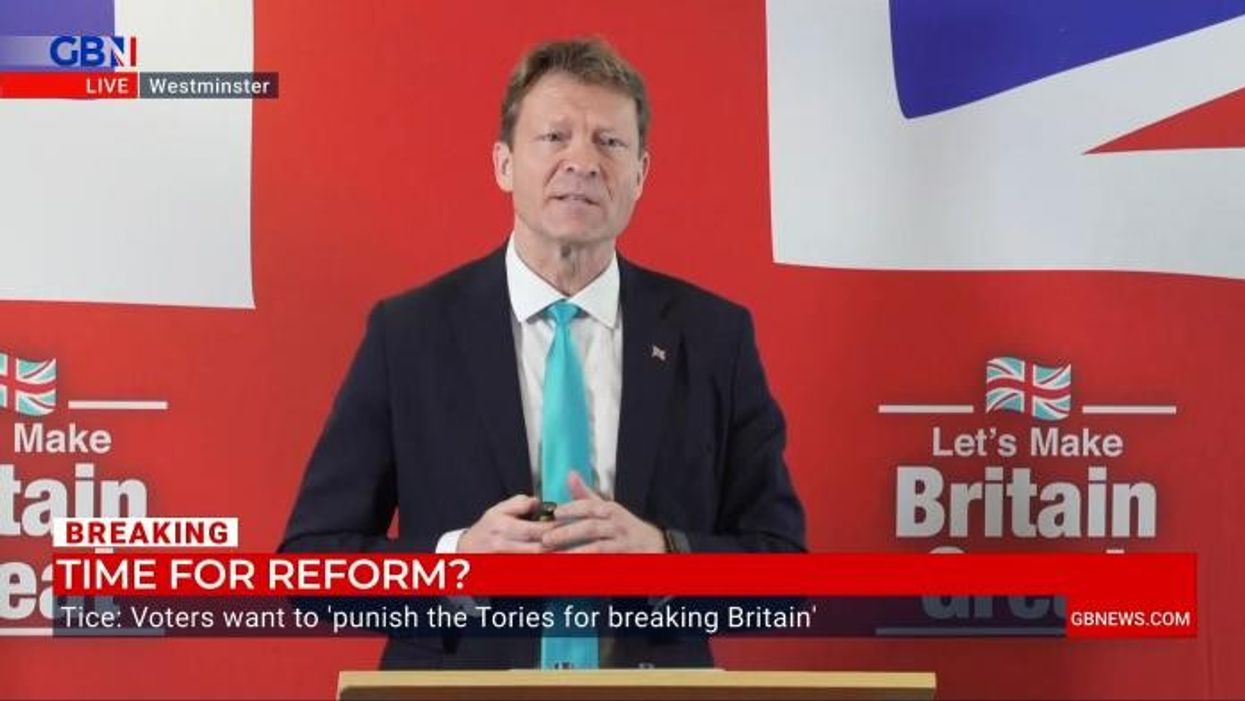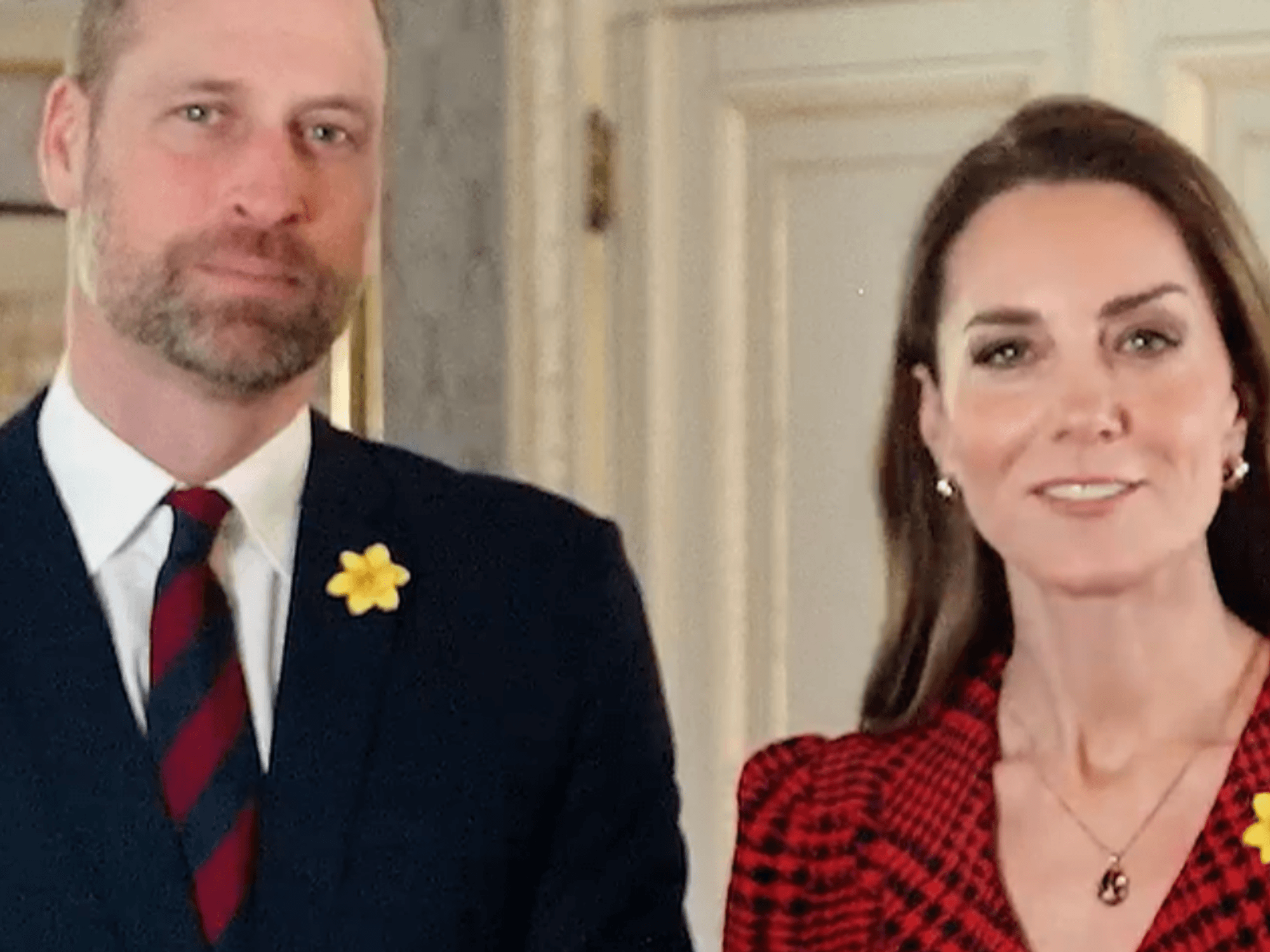Cost of living crisis likely to 'continue for another three years' as Britons £4,500 poorer since Covid

Richard Tice says fuel duty must be cut amid cost of living crisis
|GB NEWS

The cost of living crisis has decimated household incomes with Britons being hit with inflation-hiked prices and rising energy bills since the Covid-19 pandemic
Don't Miss
Most Read
Latest
The UK’s poorest households are £4,500 worse-off on average since the beginning of the Covid-19 pandemic, according to a new report from a leading think tank.
Research carried out by the National Institute of Economic and Social Research (NIESR) is shining light on the significant drop in living standard among low-income families amid the cost of living crisis.
Britons have been forced to contend with high inflation and rising energy bills in recent years as the UK economy struggles to regain its footing following the Covid pandemic.
The think tank found that living standards for poorest half of households in Britain would be as much as 20 per cent lower this year compared with 2019-20, when taking inflation into account.
Do you have a money story you’d like to share? Get in touch by emailing money@gbnews.uk.

Poorer households are £4,500 poorer since the start of the pandemic
|GETTY
Furthermore, the NIESR forecasts living standards for this group will not return to pre-pandemic levels until 2028. This drop in living standards is the equivalent to a £4,500 financial loss, the think tank reports.
In recent years, the Government has rolled out various schemes and payments to mitigate the impact of the rise in the cost of living.
This includes the £900 cost of living payment for those on means-tested benefits, the last instalment of which was rolled out this week.
However, the NIESR determines that said support has not be enough to tackle the unprecedented financial pressures which have been exacerbated by Covid and the war in Ukraine.
For the poorest tenth of families, the think tank found living standards remained 18 per cent below pre-pandemic levels even when accounting for cost of living support.
As part of its quarterly report, the NIESR estimates that inflation could drop to as low as 1.2 per cent by spring which could trigger a series of interest rate cuts from the Bank of England.
While this will likely make families “start to feel better off”, the think tank warned that Britons still have a couple of years of lower living standards to deal with.
Adrian Pabst, NIESR’s deputy director for public policy, explained: “With low economic growth and high costs of energy, food and housing, living standards are recovering slowly and not returning to pre-pandemic levels for another three years.”
LATEST DEVELOPMENTS:
 Energy bills have been a major concern for households | GETTY
Energy bills have been a major concern for households | GETTY The economics expert highlighted why low-income households are less immune to the affects of the cost of living crisis
He added: “As a proportion of their budget, they spend a lot more on energy, food and housing [than wealthier households], so they took more of the brunt of the shock.
“There are deep-scarring effects from these cumulative shocks, and that is despite welcome and significant policy intervention.”
A Treasury spokesperson told The Guardian : “As this report acknowledges, the UK economy is beginning to turn a corner thanks to the decisive action we’ve taken to tackle high inflation.
“But we know the job isn’t done, which is why we’ve supported households with £3,700 between 2022 and 2025.
“Wages have been rising faster than prices for the last five months, millions of low-paid workers will get a record increase through the national living wage from April and the average worker will save £450 this year thanks to our national insurance cut last month.”










